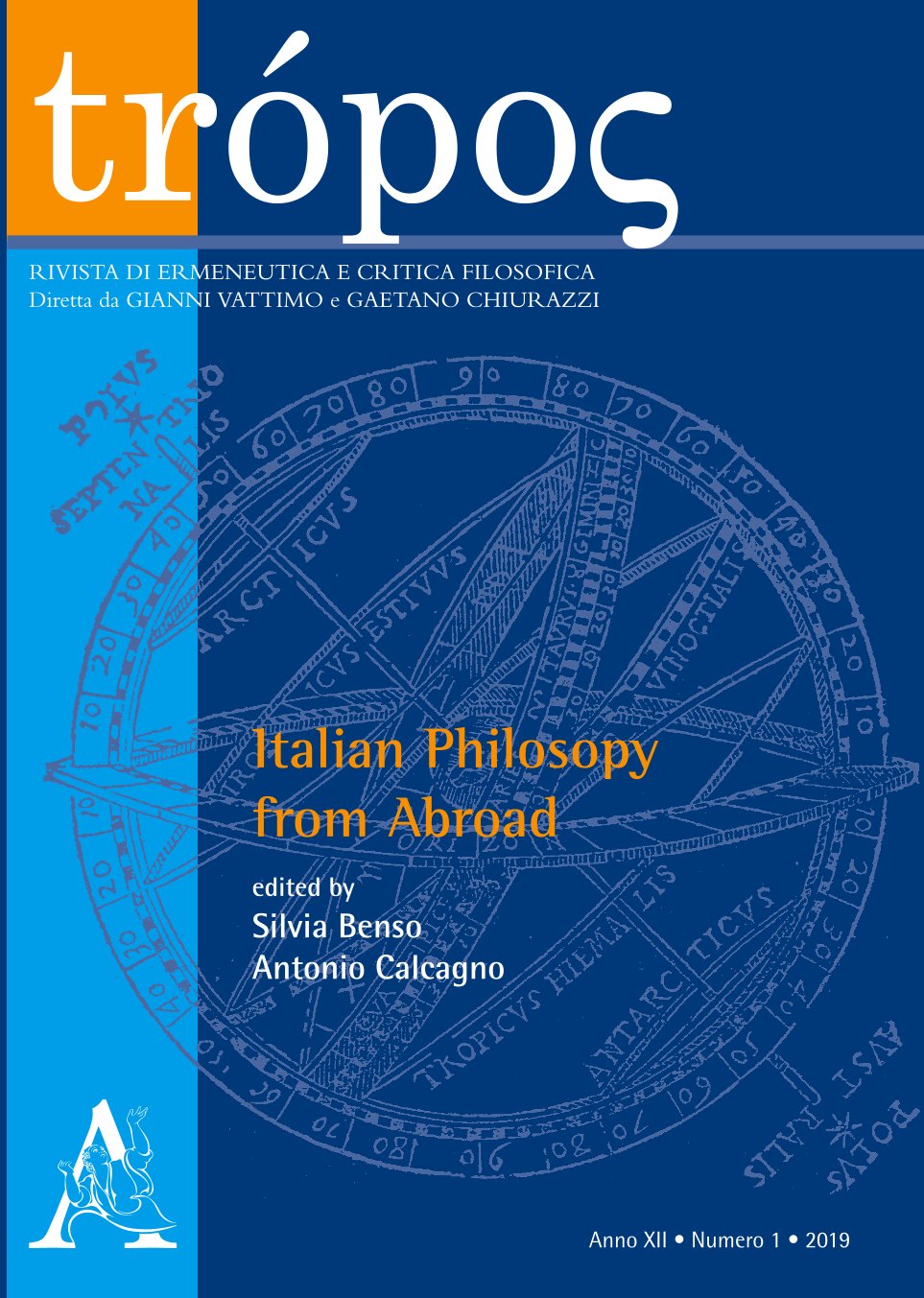A Strategy for a Democratic Future: Constituent or Destituent Power?
DOI:
https://doi.org/10.13135/2036-542X/8065Keywords:
destituent power, costituent power, democracy, Agamben, Politics, PhilosophyAbstract
This essay presents two strategies for a more democratic future. A debate is underway in continental philosophy between two different types of democratic activity or strategy. The first form of democratic activity, constituent power, is widely known for its attempts to confront existing government institutions and transform them in a variety of ways. A second form of political activity, however, labeled destituent power, proposes abandoning the constituent project of reforming government institutions in order to explore another form of politics entirely. The concept of destituent power arises in part out of a concern that it is increasingly difficult to reform governments through protest and assembly and other means, particularly in the wake of several military–style defeats of peaceful demonstrations and occupations around the world. Instead of focusing on reforming these institutions by contesting them, destituent power destitutes them by withdrawing from them and dispelling the notion that they represent us. Finally, destituent power specifically targets a neoliberal way of life and asks how we might live otherwise.


